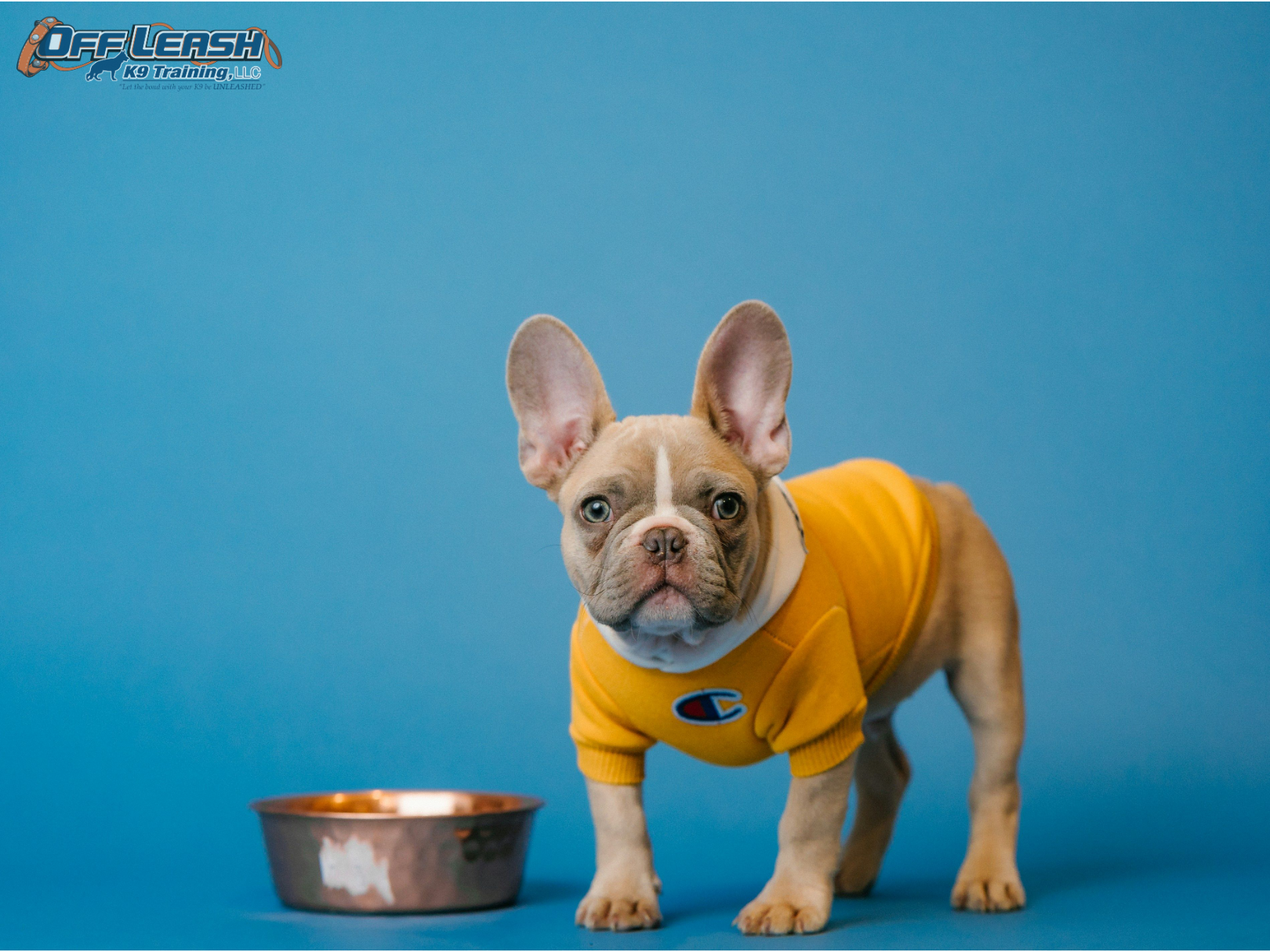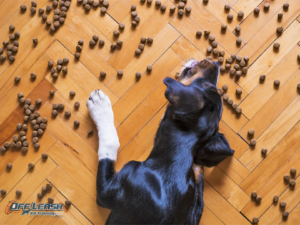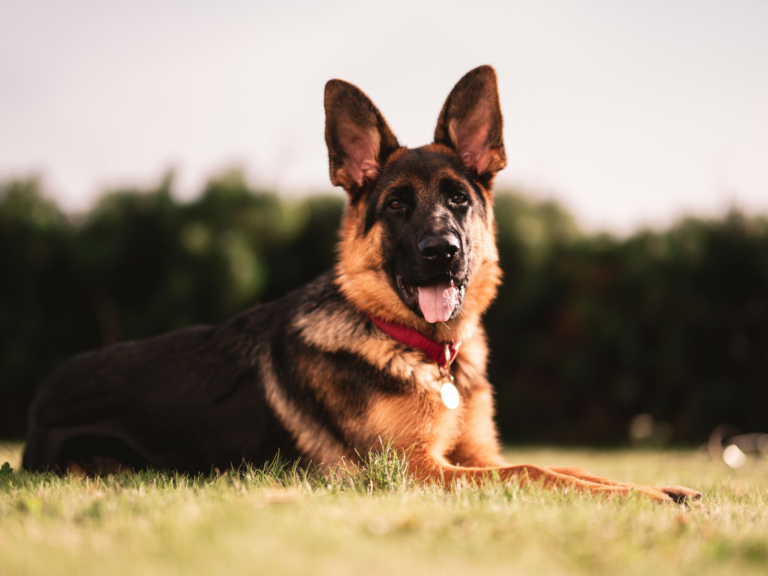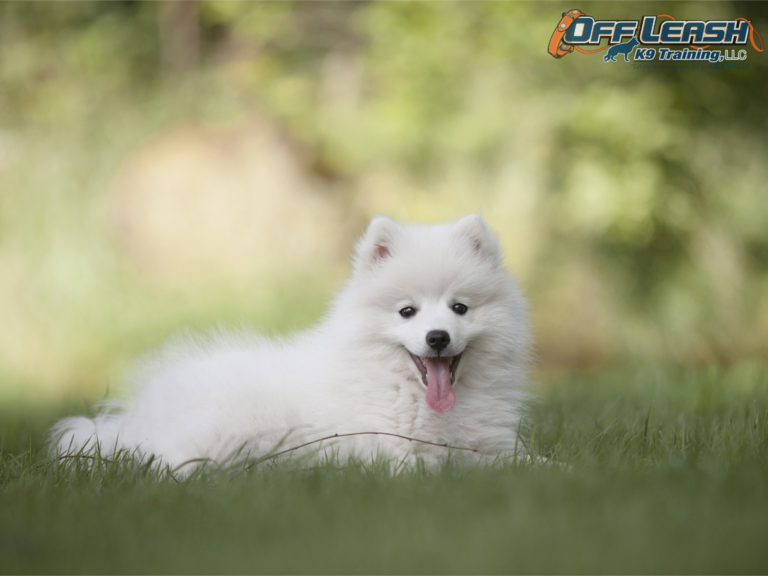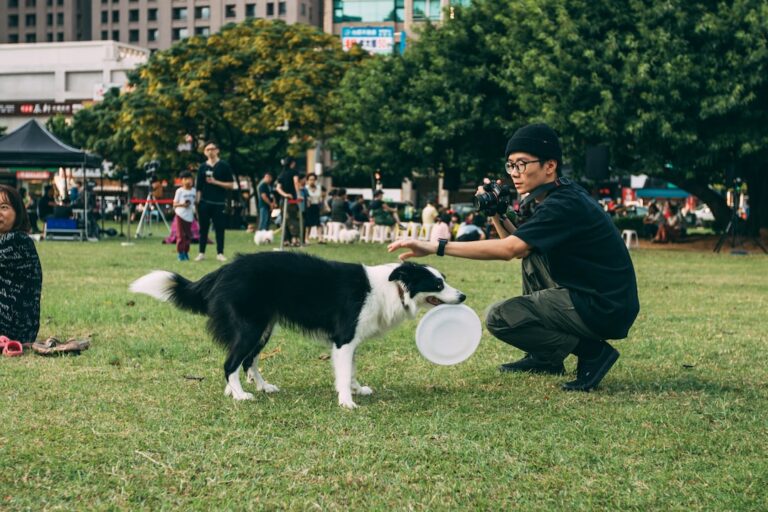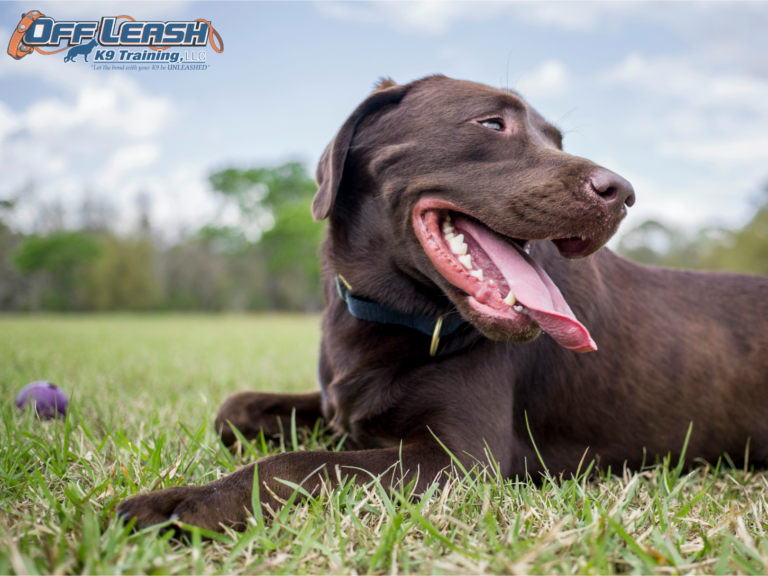Preventing Dog Food Disasters: Understanding the Causes of Recalls
This article provides an overview of the common causes of dog food recalls, including contamination issues, nutritional imbalances, and manufacturing and labeling errors, and emphasizes the importance of prevention strategies to ensure pet safety and brand integrity.
Introduction to Dog Food Recalls
Dog food recalls serve as a critical checkpoint in maintaining the safety and quality of pet food within the industry. These recalls are triggered due to various reasons, including potential health risks posed to pets and the substantial financial repercussions that can afflict pet food brands. In North America, where over 11 million metric tons of pet food are produced annually, the stakes are exceptionally high. A single recall can have a widespread impact, potentially affecting thousands of pets across the continent and leading to significant financial strain on manufacturers. The process to initiate a dog food recall is rigorously structured into classes based on the severity of the risk involved. This classification system ensures a swift and appropriate response from both the manufacturers and pet owners, aiming to mitigate any adverse effects on the health and well-being of pets. It highlights the industry’s commitment to upholding stringent safety standards and the importance of immediate action to protect our furry companions.
Understanding Dog Food Recalls
Classifications of Recalls

The Recall Process
The recall process for dog food is initiated once a potential health or safety issue is identified. This can happen through routine testing, consumer complaints, or reports from veterinarians. Once a problem is acknowledged, the manufacturer must act swiftly to notify the public, collaborate with suppliers, and work closely with regulatory bodies like the FDA to manage the recall effectively. Following the recall, corrective and preventive actions are crucial to address the root cause and prevent future occurrences.
Main Causes of Dog Food Recalls
Contamination Issues
Contamination is one of the leading causes of dog food recalls. This can be due to the presence of mold, harmful bacteria like Salmonella, or toxins such as phenobarbital, which can have severe health implications for pets. Another cause for concern is excessive levels of vitamin D, which, while vital in small amounts, can be toxic to pets if consumed in large quantities. Additionally, the accidental introduction of foreign matter during the manufacturing process, such as plastic pieces or metal fragments, can also lead to recalls.
Nutritional Imbalances
Nutrient imbalances, such as excessive or deficient levels of certain vitamins or minerals, can pose significant health risks to pets. For instance, an excess of vitamin D can lead to kidney failure or other serious health issues, necessitating a recall to protect pet health.
Manufacturing and Labeling Errors
Errors in the manufacturing process, such as improper handling or processing of ingredients, can compromise the safety of dog food. Likewise, labeling mistakes, including inaccurate ingredient listings or nutrient levels, can mislead consumers and endanger pets, leading to recalls.
Prevention Strategies for Dog Food Recalls
Preventing dog food recalls is a complex and multifaceted task that demands attention to detail at every stage of production. One of the foundational strategies is sourcing high-quality ingredients from trusted suppliers. This step is crucial because the quality of the ingredients directly impacts the final product’s safety and nutritional value. Alongside sourcing, adhering to stringent cooking practices is essential to eliminate pathogens and ensure the food’s safety. Precise cooking methods also help preserve the nutritional content of the ingredients, providing pets with the health benefits they need.
Ensuring accurate labeling and maintaining hygienic production facilities are additional pillars of prevention. Accurate labeling not only helps pet owners make informed decisions but also reduces the risk of recalls due to misinformation. Hygienic production facilities minimize the risk of contamination by pathogens, foreign matter, and chemicals. Implementing microingredient systems and maintaining a strict separation of chemicals within the production facilities are critical measures to prevent cross-contamination and ensure the safety of the dog food. Moreover, having a robust recall plan is vital. A well-structured plan enables manufacturers to respond quickly and effectively to any potential issues, minimizing the impact on pet health and the company’s reputation.

Financial and Reputational Costs of Dog Food Recalls
Dog food recalls, while crucial for ensuring the safety and health of pets, come with their own set of challenges for manufacturers, primarily in the form of financial and reputational costs. Financially, companies face immediate losses from the need to pull products off shelves, but that’s just the beginning. They also bear the burden of penalties imposed by regulatory bodies, the costs of investigating and rectifying the issue that led to the recall, and potentially compensating pet owners for any harm caused. These expenses can quickly accumulate, leading to a significant financial strain on the company. Moreover, if the recall is due to a severe safety oversight, the company may face legal action, further escalating costs.
Reputationally, the impact of a dog food recall can be even more profound and long-lasting. When news of a recall breaks, consumer trust in the brand can plummet overnight. This erosion of trust is not easily repaired and can lead to a decrease in sales long after the recall has been resolved. The damage to the brand’s image can also deter new customers and shake the confidence of investors and retailers, affecting the company’s market position and future profitability. In a highly competitive industry, recovering from such reputational damage requires significant effort and resources, including transparent communication and enhanced safety measures. This situation underscores the importance of preventive measures and rigorous quality control to avoid recalls.
Conclusion: Managing Dog Food Recalls for Pet Safety and Brand Integrity
Navigating the terrain of dog food recalls demands a proactive and informed approach from both pet food companies and pet owners. For companies, this means implementing stringent quality control measures, fostering transparent communication with consumers, and taking swift action upon the discovery of a recall situation to safeguard both pet health and brand reputation. Pet owners, on their part, play a critical role by staying abreast of recall announcements, understanding the reasons behind them, and making informed decisions about their pets’ nutrition. This collaborative effort ensures not just the safety of our pets but also upholds the integrity and trustworthiness of pet food brands in a competitive market.
Moreover, in light of the challenges posed by dog food recalls, the importance of comprehensive pet education and training cannot be overstated. Off Leash K9 Training of Corpus Christi specializes in offering a wide array of training programs that emphasize not just obedience, but also a deep understanding of pet health and safety. Through their expert guidance, pet owners can learn how to better care for their pets, including making informed nutritional choices that prevent health issues related to diet. To discover how Off Leash K9 Training can enhance your bond with your dog and contribute to their overall welfare, visit Off Leash K9 Training of Corpus Christi.

